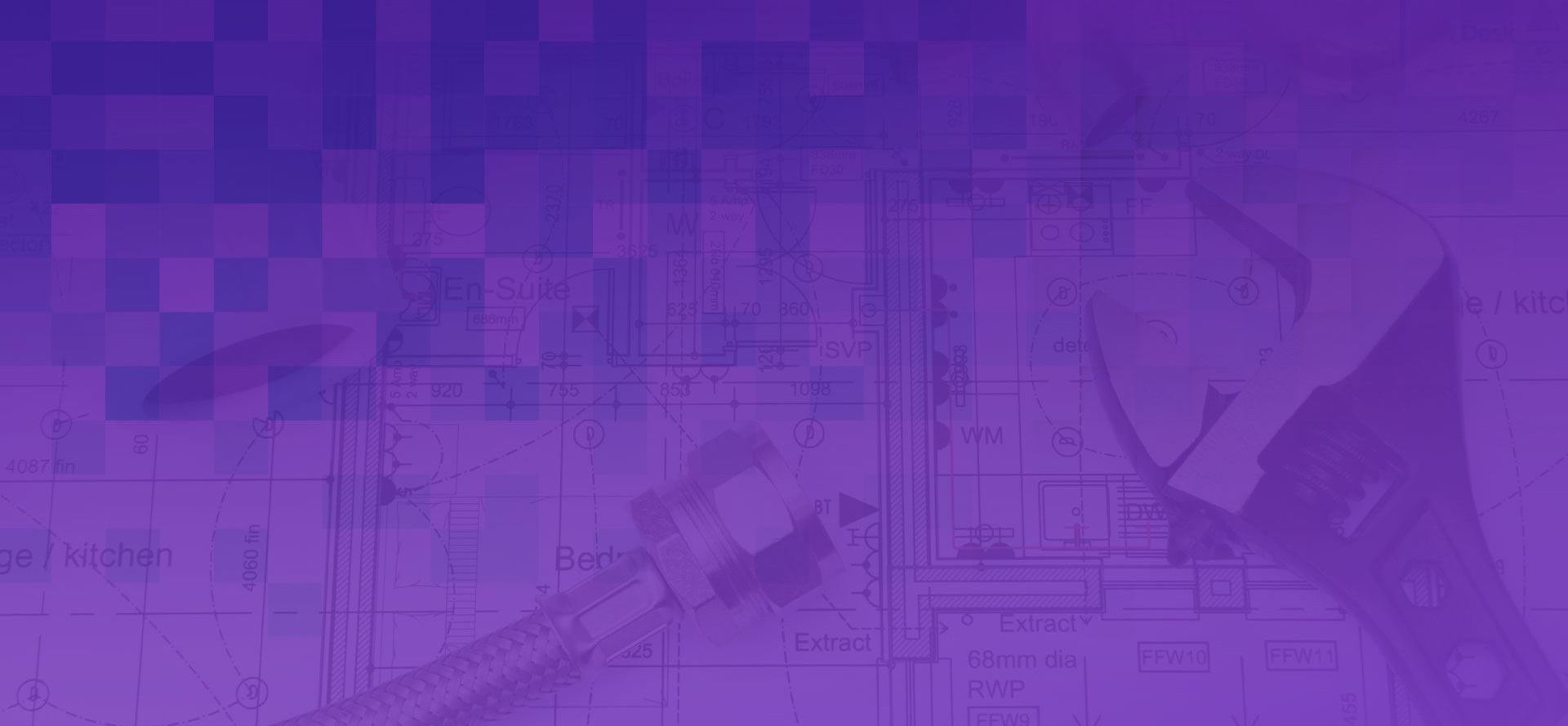Water is an integral resource that every human, plant, and other animal needs to survive. Without clean water, there would be no life on Earth. But many people take their water for granted, using more than they need, wasting it, and not paying attention to the many ways they could help to conserve it.
Moreover, many more people don’t realize the role that plumbers play in making sure your home is equipped with clean water, and the danger it could pose if these trained specialists weren't around to do their jobs.
The Benefits (and Necessity) of Clean Water
Every cell in your body requires water to function properly and continue working hard to keep you alive, so water is one of those few things that’s a necessity of life. However, it’s not enough to just drink any water, because it also has to be clean, potable, and contaminant-free. Otherwise, the water may do more harm than good, because there are many negative side effects that come from drinking dirty water.
Although it may not be a problem you’ve ever encountered here in Milwaukee, WI, there are many people around the world who have to contend with water that’s been polluted with things like heavy metals, pesticides and herbicides, pathogens, and other contaminants. Drinking this water can lead to:
1. Nausea and vomiting.
2. Diarrhea and gastrointestinal distress.
3. Headaches, fatigue, joint pain, and weakness.
4. Respiratory distress.
5. Neurological disorders.
6. Reproductive problems.
7. Organ damage.
8. Death.
Why You Have Plumbers to Thank for Your Clean Water
Although you may only think about your plumber when you have a leak or clog, you should also give thanks now and then when you drink a cold glass of water from the tap.
Without plumbers, there would be no pipe systems to bring clean water into our homes, no plumbing to circulate that water to the areas of the house where it’s needed, and no sewer systems to remove wastewater.
As the ones who build, maintain, and restore the systems that get water where it needs to go, plumbers are very much to thank for the water you use to drink, bathe, cook, and clean.
Conservation
One of the things many people with clean water take for granted is the fact that they have access to seemingly unlimited quantities of the resource, and that it’s available with the simple turn of a tap.
But it takes a great deal of time, effort, and skill to bring water from its source to your home, and you can show appreciation for this by taking measures to conserve this precious resource.
For instance, you should never leave the water running when you're brushing your teeth, washing dishes, rinsing vegetables, washing the car, or lathering up in the shower. Furthermore, you can save lots of water by upgrading to water-efficient toilets, fixtures, and appliances, and by running water-using appliances only when there's a full load.
Finally, one of the most important things you can do to preserve water is to inspect your home (including faucets, toilets, fixtures, fittings, hoses, pipes, and appliances) for leaks every one to two months, and to address leaks immediately.
There are lots of water-saving practices that you and your family can adopt at home and the office. Every step you take will help the planet, help fight the global water crisis, help your wallet, and help out the plumbers who ensure you have access to safe and clean water from every faucet in your house.
